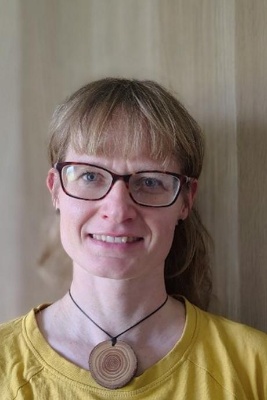Tereza Toralová
Mgr. Tereza Toralová, Ph.D. received her degree from the Faculty of Science of Charles University in Prague and afterwards began her PhD studies at Institute of Animal Physiology and Genetics. Since then, she deals with preimplantation development of cattle and since 2023 has been working as the head of the Laboratory of Developmental Biology. Her research focuses mainly on preimplantation development of mammals, especially maternal protein degradation and regulation of embryonic genome activation.
The Laboratory of Developmental Biology specializes in research of early stages of development of mammalian embryo with emphasis on key mechanisms regulating embryonic genome activation (EGA), oocyte maturation, cumulus-cell expansion and preimplantation development. The laboratory deals with interspecies variations of these processes in mammals. Main model organisms are cattle and pigs, i.e., species whose early development most closely resembles the development of human embryo and at the same time they provide a sufficient amount of research material. These model organisms are thus optimal for translation of the results into human reproductive medicine. The Laboratory of Developmental Biology disposes time-lapse cameras for monitoring of preimplantation development, which enables real-time monitoring of dynamics of cellular processes in the embryo. Further, it focuses on maternal protein degradation and its impact on EGA, oocyte maturation, cumulus cell expansion and fertilization. An important research topic also involves signalling pathways controlling oocyte maturation and enabling proper embryonic development. The aim of the laboratory is to contribute to better understanding of key regulation mechanisms of early embryonic development and to translate the gained results into the field of reproductive biotechnology and human medicine.
Within the project “ART – future of assisted reproduction”, the team of Tereza Toralová ensures the detailed monitoring of preimplantation development of bovine embryos and consequent characterization of molecular processes that distinguish embryos with low and high developmental capacity. The results of this research serve as the basis for development of methods that enable better assessment of embryo quality and optimization of embryo culture in in vitro conditions.
https://www.iapg.cas.cz/cs/laboratore/lab-vyvojove-biologie/vyzkum/







